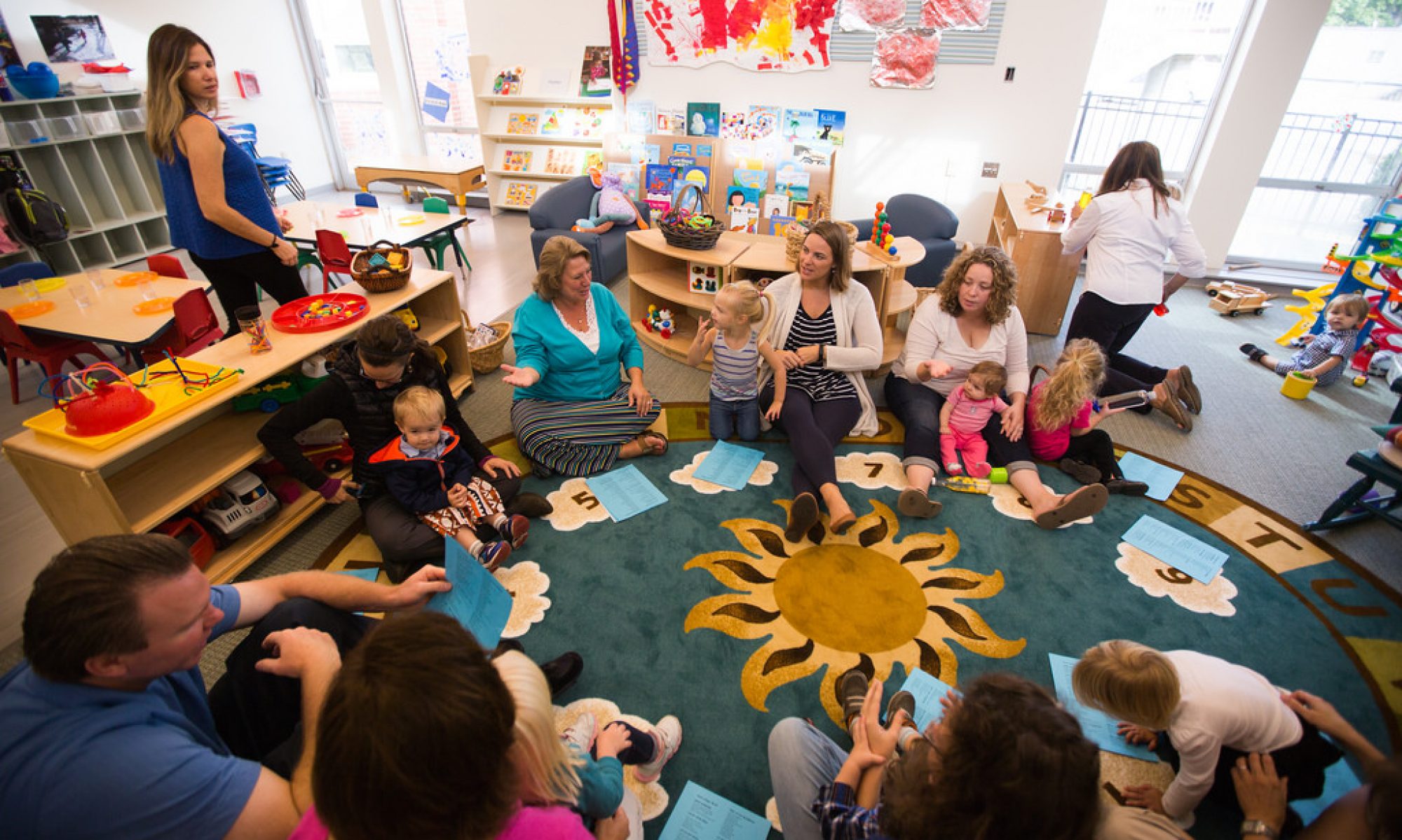By Linda Warner, Acorn Teacher
“Train up a child in the way he should go: and when he is old, he will not depart from it.” Prov. 22:6
Gratitude is one of the most important concepts we can teach our children. By learning gratitude, children learn to better understand the feelings of others, developing empathy and other life skills. Learning to express gratitude helps children to look outside of themselves and understand and appreciate what their parents and others do for them.
Children as young as 12–15 months can begin to understand concepts that lead to expressing gratitude. By that time they understand they are separate beings from mommy and daddy, and they are aware their parents do things for them to meet basic needs and keep them happy.
By the ages of 2–3 years, children are able to verbalize things they are thankful for, for example, pets or family members. Parents need to consciously model and provide opportunities for young children to express gratitude. Gratitude is a learned skill.
How?
• Begin by modeling requests with “please” and “thank you.” Let your children observe you expressing gratitude to those around you. Encourage your children to use grateful words.
• Incorporate gratitude into your daily conversation. Have a “thanking” part of the day when everyone shares something they’re thankful for. Dinnertime is a logical time for this, or during bedtime prayers.
• Keep a Gratitude Journal with your child. Write down simple expressions of gratitude, especially healings, which can be referred to on a regular basis.
• Let your child(ren) help around the house. Pick a simple chore they can do and let them do it. Be it feeding the dog, or taking clean laundry to their rooms, give your child the gift of realizing that what they do, or what’s done for them takes effort. “Let children feel their responsibility in making home the dearest spot on earth. Do not be such unselfish parents that you raise selfish children. Make it possible for them to do their part in the homemaking.” (Education at the Principia p. 24:6)
• Find a simple goodwill project. Encourage your child to do something for someone else. Maybe helping you make cupcakes for a neighbor, or walking their dog. Preface it by talking about how much your act will please the neighbor.
• Encourage generosity. If you’re donating clothing or household goods to a charity, encourage your child to donate something they’ve outgrown, as well.
• Write thank-you notes. Even very young children can scribble something on a note, accompanied by your own words of thanks. Or you can write what your child dictates on a thank-you note. In this technical age, even a short video of your child expressing thanks will be well received by the giver.
• Give it time. Continue to look for opportunities to express gratitude. It takes consistency and continuous reinforcement, but the rewards will come. Children who appreciate the efforts of others on their behalf, are a joy to be around and naturally tend to pay it forward for the joy of giving. They are taking the steps to demonstrate that “Giving does not impoverish us in the service of our Maker, neither does withholding enrich us.” (SH 79:31–32)
